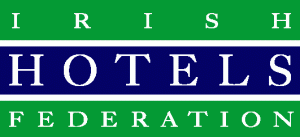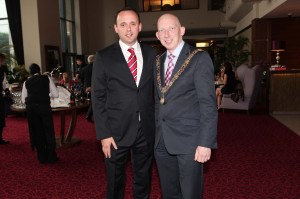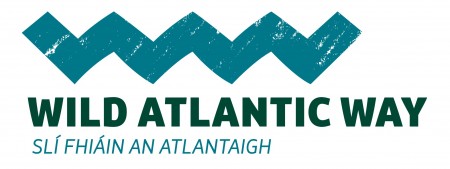1 March 2017
By Tom Collins
tom@TheCork.ie
- Almost 3 in 4 (74%) report business levels up compared to this time last year
- Seven in ten (71%) say advance bookings are up
- Notable increases in business levels from domestic, US and continental markets
- Visitors numbers from NI and GB markets falling
- 9 out of 10 plan for some level of refurbishment and investment in 2017
Cork hotel and guesthouse owners are reporting a good start to the year according to an industry survey* undertaken by the Irish Hotels Federation (IHF) in advance of its 79th Annual Conference in the Lyrath Estate Hotel, Kilkenny. Most say business levels are up compared to this time last year and they are also seeing an increase in advance bookings for the year. However, while hoteliers nationally have a positive outlook for their business in 2017, on the back of a record year for tourism in 2016, their optimism is tinged with caution. Half (50%) of the hoteliers surveyed say that the fall in sterling has already had a direct effect on their business.
Nationally, almost three quarters (74%) of hoteliers are seeing an even better start to this year than last. The strong growth in business levels from the US looks set to continue in 2017 with almost half of hotels and guesthouses (48%) reporting an increase from this important market. Visitor numbers from German and French markets are proving buoyant too. One third (35%) of premises are reporting an increase in German visitors so far this year and nearly one in five (18%) are benefiting from increased business from France.
Hoteliers are also upbeat for the remainder of the year as advance bookings from these markets at this point seem robust. Forty four percent are reporting an increase in bookings from the US while three in ten (30%) are seeing a rise in bookings from Germany and one in six (17%) say bookings are up from France.
Domestic tourism is also proving positive, which is particularly important for those regions outside the main cities and tourism hot spots that have not benefitted significantly from the recovery in overseas tourism in recent years. Already this year two thirds (66%) of hotels and guesthouses are reporting an increase in business levels from home grown visitors with most also seeing a rise in advance bookings too.
Almost half (48%) say they will increase staffing levels during 2017 and Mr Aaron Mansworth, Cork Branch Chair, IHF said that the industry is on target to create a further 40,000 jobs by 2021. Tourism already employs in excess of 220,000 people, making it one of Ireland’s largest indigenous industries and has supported the creation of almost 60,000 new jobs during the last five years.
According to Mr Mansworth hotels and guesthouses’ growing confidence in the performance of the tourism sector coupled with increased competitiveness from a VAT rate that is more aligned with EU competitors are also evident in the number of hoteliers planning to invest further in their businesses. The IHF survey reveals that the vast majority (91%) intend to undertake some capital expenditure projects during 2017. Most plan to refurbish and redecorate their premises while one in six (15%) intend to increase their facilities with extensions to their properties.
Almost half (43%) are also investing significantly in guest technology, increasing the broadband width available in their properties as well as offering the latest in room Smart TVs and flat screens. This is to cater for guests who are increasingly seeking to bring their own content with them when they travel to watch the same programmes they would normally at home.
“There is no doubt that we are seeing a negative impact from Brexit and the sterling differential on 2017 bookings from our key market of Great Britain. This is before any details of what an actual split from the UK will look like and is concerning. It is our biggest tourism market and while we are seeing growth from other EU and long haul markets, that new growth needs to be faster and sustainable if it is to have any real prospect of replacing the value and numbers of our nearest neighbours”, says Mr Mansworth.
“Tourism in one of Ireland’s largest indigenous industries and makes an enormous contribution to the country’s economy, reaching into every village and town in Ireland. We have seen good growth in recent years, although from a low base, and the general outlook for the year amongst our members is positive and we are on target to create a further 40,000 jobs by 2021. However, our industry has always been dependent on the economic conditions of our major source markets s. When they sneeze, we stand to get the cold,” says Mr Mansworth.
Mr Mansworth added: “It is critical that there is continuous new product development and marketing. The Wild Atlantic Way and more recently Ireland’s Ancient East show the positive impact that creative and innovative products can have on Irish tourism success, re-invigorating regional areas with new compelling reasons to visit. We cannot overstate the importance of keeping our tourism product fresh and relevant. It’s vital to sustaining and broadening Ireland’s appeal to existing and new source markets.”
For many hoteliers, though, the cost of doing business in Ireland continues to be challenging with many citing excessive rising insurance premiums and excessive local authority rates as the most pressing issues stifling cost competitiveness within the sector. These were followed by high labour costs and utility costs.



